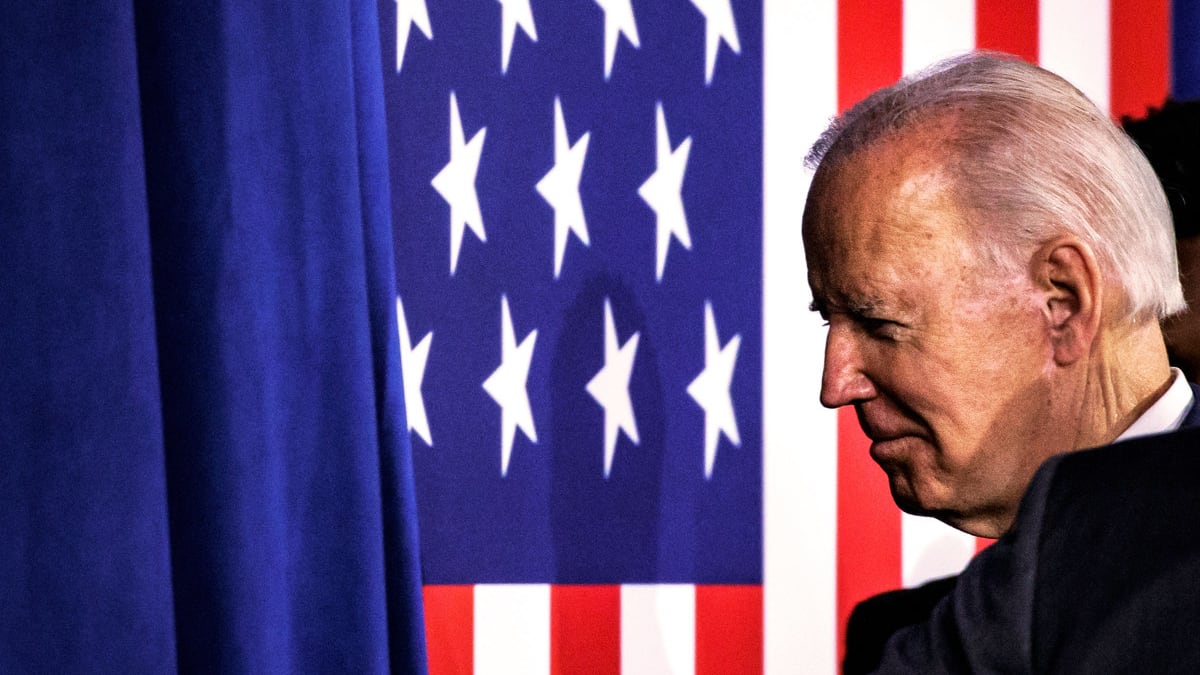Dr. Alika Lafontaine is a member of the Canadian Medical Association.We’re entering the holiday season, when family traditions take centre stage. Tell me if you’ve heard this one – or something similar – before. A holiday turkey, part of an epic, three-generations’ old family recipe, is cut on both ends. Perplexed with this step, a mother is asked why. Not knowing why either, the mother suggests contacting the grandmother. “I don’t know,” she responds, “but you can ask your great-grandmother.” The mystery continues until it is discovered that the only reason the turkey was cut on both ends is because it wouldn’t fit in the original pan. Somehow it continued as a family tradition with no one really understanding why it was done that way.As the collapse of our 13 health systems moves forward at differing rates around the country, I can’t help but reflect on the narrow dimensions our health care system is currently cooked in. When the British North America Act was passed in 1867, dividing constitutional powers like health care between federal and provincial levels, fitting confederation into the societal dimensions of the time likely made a lot of sense. This reasoning was sustained when Saskatchewan established medicare in 1962 and the federal government began funding a share of the program in 1968. The pan shifted slightly with the 1984 Canada Health Act, which added some conditions to the Canadian Health Transfer.Over time, our 13 different provincial/territorial health systems evolved different regulations, policies, workflows and programs. Within those regimes, different nomenclature, categorization and organization developed. As a result, we now have jurisdictionally isolated health human-resource plans, health access fragmentation, care segmentation and uneven modernization. Health systems across provinces have great difficulty working smoothly with each other. For the large number of Canadians unable to find a family physician, as well as those who wait most of the day for emergency room assessment or who die before accessing care, the reason and logic of yesterday don’t make much sense today.Facebook knows what I’m going to buy my eight-year-old for Christmas and Air Canada informs me the moment my flight is about to board, but patients have no idea where they are in many of the wait lists they’re currently on. Google has aggregated much of the world’s information, but provinces and territories have yet to design and share a minimally useful data set with the federal government. We still use fax machines to share patient information. Many patients still do not have easy, comprehensive access to their medical records.When confronted with a need for deeper collaboration and co-ordination with between levels of government, we rely on thinking first framed in 1867. The writers of the British North America Act didn’t envision Canada would ever emancipate itself from British rule, much less build publicly funded health systems that service 38 million people. It was never imagined that data, when shared deliberately and transparently, could drive quality and efficient care. It was never imagined that freedom of movement for both patients and providers could drive better access to care. It was never imagined because there was only one pan in which to cook confederation. There was no other option but to cut the two sides off so everything would fit.This is the real challenge to governments in this time of health care collapse. Will we question why we do things the way we always have, or simply lean into old, repackaged ideas served up as ideological leftovers? Cost-cutting and cost-shifting have become the normal way to respond to crisis over the last two decades. Providers are still being asked to do more with less. Patients are carrying more of the burden of health care than ever before, whether that’s less time in hospital or paying more out of pocket. We cling to provincial, territorial or federal jurisdiction as a reason for inaction.Canada needs to choose a bigger pan. We can expand the dimensions of what health care can provide through pan-Canadian licensure, a national health human resource plan, multijurisdictional data sharing, increased integration of virtual care and team-based care, and by reducing the administrative burden on providers. Any one of these changes could transform the health system, and each – due to the connectedness of the health system – necessitates change in the others. This will start us on the path of transforming the system and turning it into a functional, unified system that makes sense for Canada the way it is today.
Note: This article have been indexed to our site. We do not claim legitimacy, ownership or copyright of any of the content above. To see the article at original source Click Here
Related Posts
With Minority Life Looming, House Progressives Turn to Joe Biden
As the final results in U.S. House races continue to roll in, forecasts broadly show Republicans taking back control of the chamber by a narrow margin. For Democrats all around, that’s an unwelcome reality.But for House progressives especially, it’s a seachange.For four years, progressives have seen their influence grow dramatically. As Congressional Progressive Caucus grew
November 13, 2022
Petrol, diesel prices rise to new record high: Check new rates in Delhi, Mumbai, Chennai, Bengaluru
For Quick Alerts Subscribe Now For Quick Alerts ALLOW NOTIFICATIONS | Published: Tuesday, October 5, 2021, 12:28 [IST] New Delhi, Oct 4: Prices of the fuels have been increased by state-run oil companies again across the metros. In Delhi, the rate of petrol rose to its highest-ever level after 25 paise hike and…
October 5, 2021
Ahome public servants receive a course on “Fuel Saving”
Los Mochis, Sinaloa.- Con el objetivo de que el personal del Ayuntamiento de Ahome que tiene a su cargo alguna unidad automotriz haga mejor uso de ella, la mañana de este viernes se llevó a cabo el curso “Ahorro de combustible”.Deysi Miriam Duarte Orrantia, Coordinadora de Capacitación del Ayuntamiento de Ahome, informó que dicho taller…
October 1, 2021
Rape convictions rates ‘disgracefully low’, policing minister admits
Rape conviction rates are "disgracefully low", Policing Minister Kit Malthouse has admitted, as he acknowledged that "there is a problem" with violence against women and girls.Speaking ahead of Home Secretary Priti Patel's conference speech on Tuesday morning, Kit Malthouse told Sky News the government will "redouble our efforts" to make public spaces safer for women.…
October 5, 2021
Nobel Prize in Physics for the development of the climate [premium]
Syukuro Manabe und Klaus Hasselmann werden für ihre Klimaforschung ausgezeichnet, Giorgio Parisi für seine Arbeit zu komplexen physikalischen Systemen. Das Wetter ist ein hochgradig unordentliches, oft chaotisches Phänomen, sehr schwer zu beschreiben und vorherzusagen, vor allem für längere Zeiträume. Wie können dann Forscher für die Entwicklung des Klimas – das ja nichts ist als das…
October 5, 2021
Moderna started trials of a specific vaccine booster for omicron
Foto: AFPEl laboratorio estadounidense Moderna anunció el miércoles que inició los ensayos clínicos de una dosis de refuerzo de la vacuna diseñada específicamente contra la variante ómicron.En los ensayos participarán 600 adultos. La mitad de ellos ya recibieron dos dosis de la vacuna de Moderna hace al menos seis meses y la otra mitad recibió esas dos dosis iniciales,…
January 27, 2022












![Nobel Prize in Physics for the development of the climate [premium] thumbnail](https://media.diepresse.com/images/uploads_500/5/e/5/6043109/SWEDEN-NOBEL-PHYSICS_1633428326956796_v0_h.jpg)
